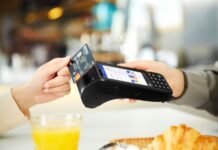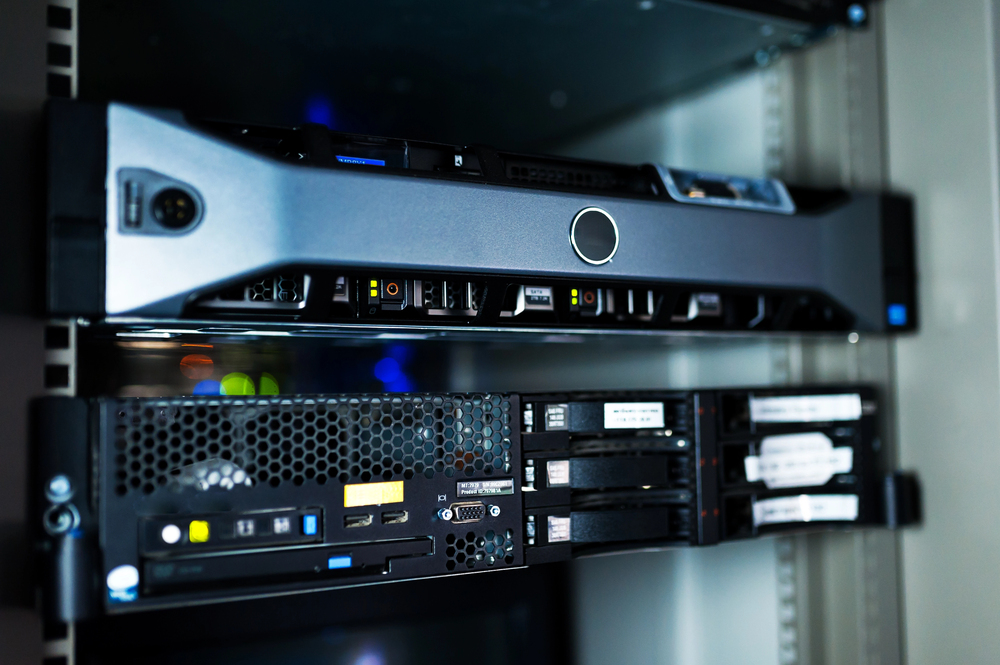Bagel and Goliath
They closed the bagel store near my house.
That’s right, closed. I showed up for breakfast a few weeks ago – as I have been doing two or three times a week for the past ten years – and the place was shut down cold.
Uh oh, that’s a problem.
And so thinking as clearly as a man without coffee can think, I hopped back in my car and drove around the corner to Panera Bread.
I figured what’s the difference, right? They have bagels, they have coffee … they even have free Wi-Fi and a heart-stopping selection of pastries to choose from.
But you know what? A few things – a few very important things – aren’t right.
It’s not the selection or the price or the convenience. It’s not the quality of the food, the cleanliness of the store, or the accuracy of the order-taking.
The fact is, it’s not any of the things we think we care about when deciding where to eat breakfast.
No, the critical differences between my privately owned, one-off bagel store and the highly automated food factory that is Panera Bread, are both more subtle and more important than any of these objective features…
The bagel store was personalized. They knew my name and I knew theirs. They prepared my “usual” without my having to say anything (sesame bagel with hummus; horseradish on the side; medium, black, dark roast coffee). Sometimes, if they saw me drive into the parking lot, my coffee was already waiting by the time I walked in the door.
The bagel store was consistent. The coffee was always hot, the bagels were always fresh, the people were always friendly.
At Panera, it’s a mixed bag. Sometimes the coffee has been sitting lukewarm in the canister for a couple of hours. Sometimes it takes forever to get your food. Sometimes you get a friendly person and sometimes you don’t.
It’s not that Panera doesn’t care, by the way. It’s just that when you run a huge operation spanning over 1,800 locations in the U.S. and Canada, it’s really, really hard to deliver anything better than a reasonably good experience, most of the time.
The bagel store was a community. I said hello to the same people every day: The high school basketball coach who dressed up on game day; the two elderly sisters who hung onto each other as they came in the door; the bagel baker himself, who left to go home at 9:45 each morning.
There’s none of that at Panera; it’s huge and impersonal. And while I already recognize some now familiar faces, there’s scant chatter or interaction between the patrons. We’re all together, but we’re all alone.
So, why does any of this matter? Good question.
It matters because everything about why the bagel store experience is infinitely more satisfying than the indifferent exchange of money for food at Panera, relates to why you, as a solo professional, can outperform your larger competitors.
You, too, have the opportunity to make the experiences that people have with you and your business more personal, more consistent and more cohesive – and all in a way that differentiates you from the big guys.
How? Here’s a few ideas:
- Do things that don’t scale well. Send handwritten notes; answer the phone when it rings; send unanticipated gifts to clients and colleagues (books are always well received); stop forcing people to fill in a form on your web site in order to send you an email.
Big organizations hate exceptions from the established process – they are hard to manage and they slow down the machine. So do things that machines aren’t good at doing.
- Be more human. Tell stories from your own experience; use real photos of real people on your web site; voice an opinion; speak and write like a normal person (like this – see how easy it is?).
When you tell a story about your visit to a Cuban bakery, tie it into a business lesson and include first-hand photos along the way, you’re doing something that a big company can only dream about.
- Stir the pot. Introduce like-minded colleagues to each other; host a local get-together and invite some friends to join in; tell others about the people and resources that you’ve found valuable.
Here’s the bottom line. No business can succeed without delivering good quality products or services at a reasonable price.
But in a world where pretty much everything you buy is “good enough,” it’s the soft stuff that’s going to make me take notice, tell my friends, and keep coming back.
Find a Home-Based Business to Start-Up >>> Hundreds of Business Listings.

















































